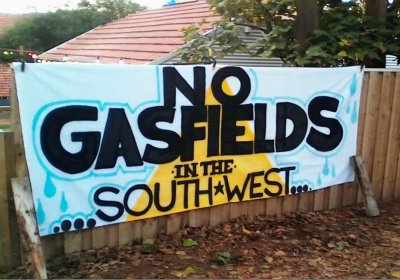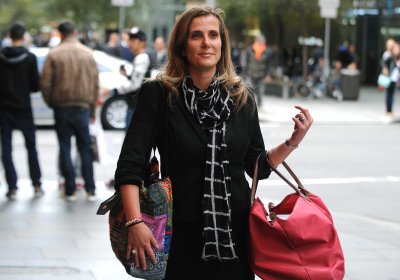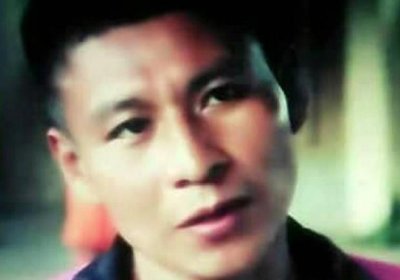Communities in south-west Western Australia are angry the state government has granted Bunbury Energy a new gas exploration permit, covering the shires of Capel, Dardanup and Donnybrook-Balingup and parts of Bunbury and Busselton.
Co-convenor of the Gasfield Free South West Alliance, Boyanup landholder Kathy Thomson said the permit was a kick in the guts to the people of the south west.
“The government promised us a fracking ban before to the state election. We understood the promise meant we would be protected from encroachment by the invasive onshore gas industry.











